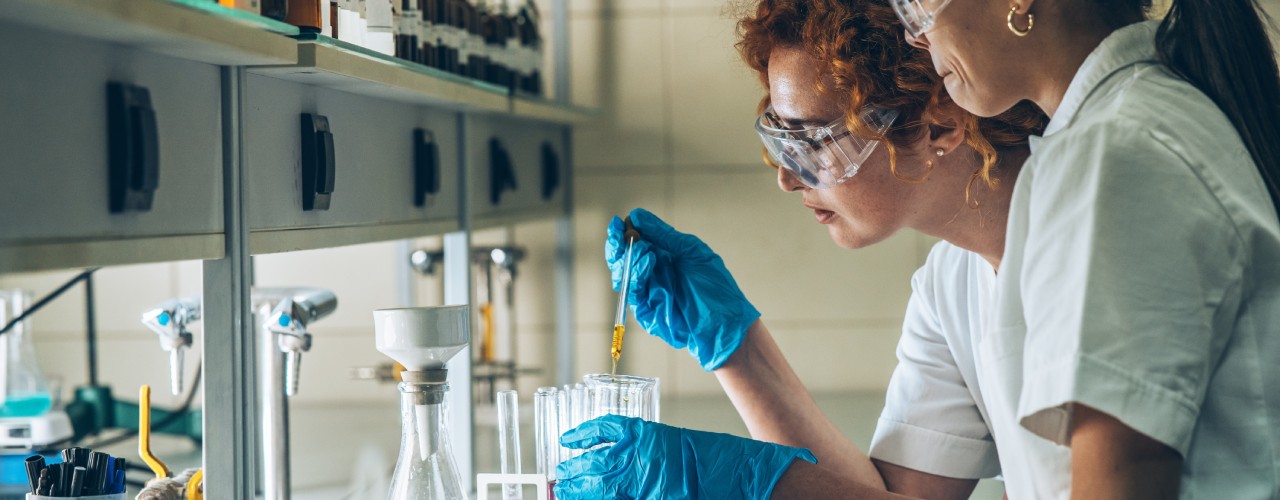As a laboratory technician or student, making sure you can conduct reliable experiments is crucial. The smallest error can lead to skewed results and wasted time and materials. When working with chemicals and performing experiments, individuals must follow best practices for successful outcomes. If you’re looking for ways to improve your studies, here are some practical tips to enhance the accuracy and reliability of your chemistry experiments.
Controlling Variables
Controlling variables is one of the most effective ways to achieve reliable results in any scientific experiment. For example, temperature is one variable that impacts chemicals in experiments. Consistency in temperature, concentration, and other environmental conditions can make or break an experiment, determining whether your findings are valid or not. Monitor all variables throughout the experimental process for accurate results.
Using properly calibrated equipment can help maintain consistent conditions, as minor deviations can significantly impact the outcome. Adhering to this practice will minimize unexpected fluctuations in your results and improve your experiment’s reproducibility.
Improve Material Quality
The quality of materials you utilize in an experiment will also impact the outcome. Select high-purity chemicals and reliable labware for the best results. Poor-quality materials can introduce contaminants, affecting the results. Invest in reputable suppliers to ensure you’re using high-quality resources from a trustworthy source.
Reduce Sample Bias
Sample bias can significantly distort the results of an experiment, leading to inaccurate conclusions. To mitigate this, ensure all samples represent the larger population you are studying. One effective method is to randomly select samples, thereby avoiding any form of selection bias that could skew the results. This practice yields more accurate and reliable data and ensures the findings are generalizable to a broader context.
Additionally, maintaining consistency in sample preparation is essential for reducing bias. This involves standardizing procedures, using the same equipment, and following the same protocols across all samples to ensure uniformity. With these strategies, researchers can improve the validity and reliability of their experiments, ultimately leading to more robust and trustworthy outcomes.
Minimize Errors
Even minor errors can lead to unreliable results, compromising the integrity of your work. This is what makes meticulous attention to detail essential in any scientific or technical endeavor. Double-check all measurements and procedures to ensure accuracy at every step. Utilize error-checking methods, such as peer reviews or automated systems, to catch mistakes before they negatively impact your results.
These tips for improving chemistry experiment practices are vital for obtaining reliable results. When you implement these strategies, you can significantly enhance the accuracy and reliability of your experiments. Implement these tips in your laboratory practices and see the difference they make.
You can achieve reliable results when you prioritize attention to detail and high-quality methods. Continue refining your techniques and explore further resources for ongoing improvement.





